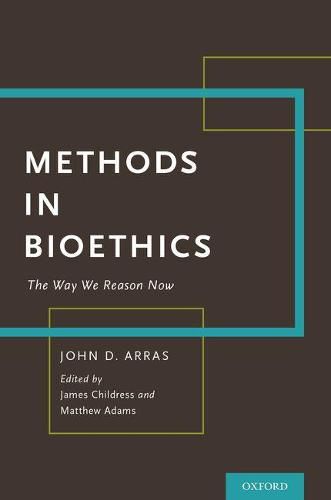Readings Newsletter
Become a Readings Member to make your shopping experience even easier.
Sign in or sign up for free!
You’re not far away from qualifying for FREE standard shipping within Australia
You’ve qualified for FREE standard shipping within Australia
The cart is loading…






This volume collects essays by the late bioethicist John D. Arras, best known for his many contributions to the methodology of bioethics. Always open-minded, Arras did not favor a single theory or view of method in bioethics, eschewing labels such as casuist or pragmatist.
He was conversant with the main philosophical methods that have dominated bioethics since the field’s origin, including principlism, Gert’s common morality, the new casuistry , pragmatism, and others. Rather than defending any particular theory or method, though, Arras rigorously investigated those methods - and how they both expand and limit our field of vision. He sought, in the tradition of Kierkegaard, to make life harder for bioethics, by uncovering challenges to the field’s analytical methods. His favorite mode of exploration and expression was the thoughtful essay. The essays collected here reveal him thinking through new problems and new possibilities, and they invariably yield fresh and valuable insights.
$9.00 standard shipping within Australia
FREE standard shipping within Australia for orders over $100.00
Express & International shipping calculated at checkout
This volume collects essays by the late bioethicist John D. Arras, best known for his many contributions to the methodology of bioethics. Always open-minded, Arras did not favor a single theory or view of method in bioethics, eschewing labels such as casuist or pragmatist.
He was conversant with the main philosophical methods that have dominated bioethics since the field’s origin, including principlism, Gert’s common morality, the new casuistry , pragmatism, and others. Rather than defending any particular theory or method, though, Arras rigorously investigated those methods - and how they both expand and limit our field of vision. He sought, in the tradition of Kierkegaard, to make life harder for bioethics, by uncovering challenges to the field’s analytical methods. His favorite mode of exploration and expression was the thoughtful essay. The essays collected here reveal him thinking through new problems and new possibilities, and they invariably yield fresh and valuable insights.